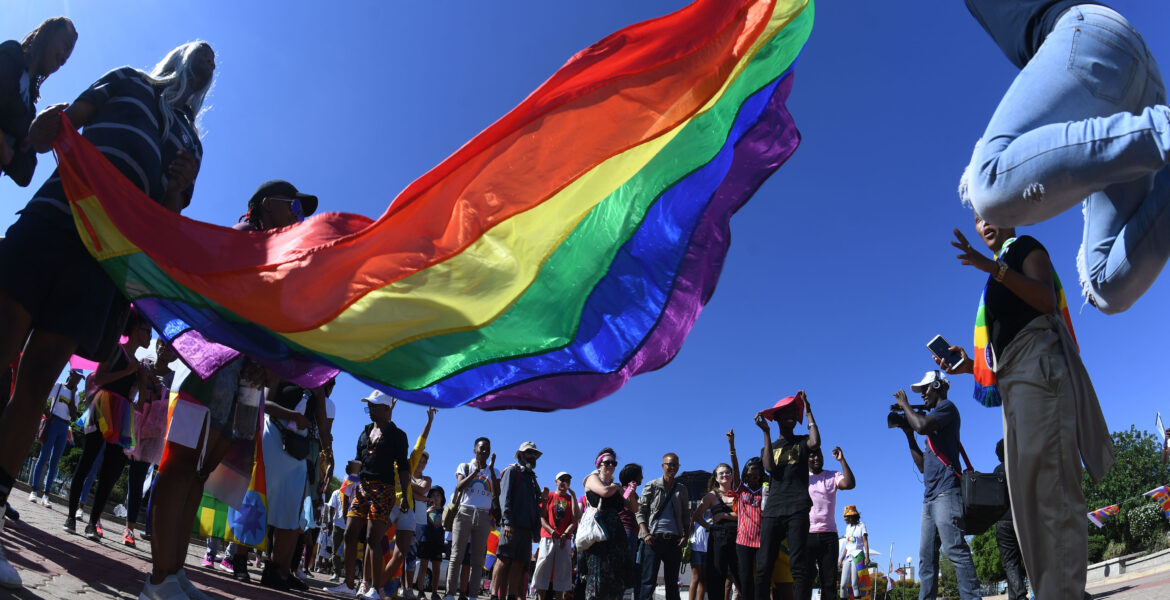Safeguarding Human Rights And Dignity
Decriminalisation is not merely a matter of personal beliefs but a vital step towards reducing systemic disadvantages faced by LGBTQI persons
DOUGLAS RASBASH
Special Correspondent
The defining criteria of civilisation is the unconditional acceptance of differences. This idea, fundamental to the essence of mankind, underscores the importance of recognising and embracing the diverse spectrum of human experiences.
Last week, a significant step towards this principle was taken in Botswana as the Minister for State, Kabo Morwaeng introduced a constitutional amendment Bill for its first reading. Among the proposed amendments is inclusion of a clause aimed at protecting and prohibiting discrimination against intersex persons and individuals with disabilities.
Pivotal moment
This move marks a pivotal moment in Botswana’s journey towards upholding human rights for all its citizens. Notably, Botswana’s High Court took a groundbreaking step in 2019 by decriminalising same-sex relations following a courageous legal challenge.
However, the road to full acceptance and equality is not without its challenges. Despite progressive strides, the proposal to incorporate gay rights into the constitution faced staunch opposition, with hundreds protesting against it in July 2023. Yet, organisations like Lesbians, Gays, and Bisexuals of Botswana (LEGABIBO) continue to advocate tirelessly for the protection of human rights, emphasising that this issue transcends religious beliefs and dogma.
Thato Moruti, the chief executive of LEGABIBO, aptly articulates that the constitutional amendments are fundamentally about safeguarding human rights, not about religious doctrine. The distinction is crucial as it underscores the universal significance of accepting and respecting individuals regardless of their sexual orientation or gender identity. Decriminalisation is not merely a matter of personal beliefs but a vital step towards reducing systemic disadvantages faced by LGBTQI persons.
Apartheid
Having endured iniquitous apartheid for many years, Africans should be hypersensitive to anything that hints of persecution and marginalisation. Clearly judging by the reaction of some, we have a long way to go.
In embracing diversity and championing equality, Botswana has the opportunity to set a powerful example for the world. By enshrining protections for LGBTQI individuals in its constitution, Botswana reaffirms its commitment to the principles of equality, dignity and respect for all.
As we navigate the complexities of our modern world, let us remember that true civilisation is built on the foundation of inclusivity and acceptance of all people, regardless of our differences.

